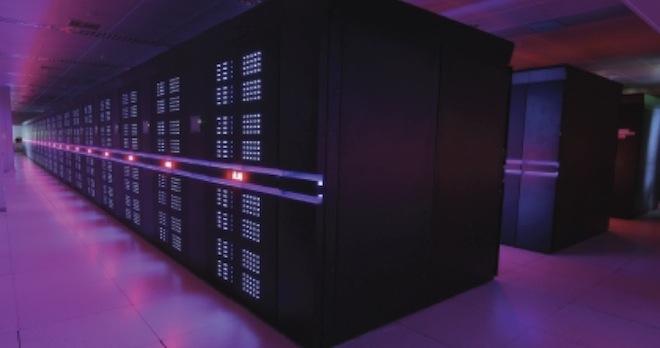
The lofty challenge won’t come cheap. Reports note that the Ministry of Economy, Trade and Industry will invest around $173 million on the project as Japan attempts to differentiate itself from fellow Asian technology superpowers China and South Korea. And there’s no differentiator like speed, apparently.
So just how fast is fast? As Reuters reports, the computer will be expected to make 130 quadrillion calculations per second, or in technical vernacular, 130 petaflops. That’s significantly faster than the machine that currently claims the title of world’s fastest — the Sunway Taihulight in China has only achieved 93 petaflops. And not only will Japan’s computer be fast, it’s coming fast too — the supercomputer could make an appearance by next year from the country’s National Institute of Advanced Industrial Science and Technology.
One of the key areas of improvement that may be catalyzed by the computer is artificial intelligence. As a computer makes faster and faster calculations, scientists hope that it will be able to more closely mirror our brains’ neural pathways, thereby aiding in the advance of deep learning technology. This, in turn, could aid in self-driving car technology, better factory automation, and improvements in medical technology, Reuters said.
No company has yet been chosen to undertake the ambitious project, though bidding has opened and will come to a close on December 8. So stay tuned — we’ll just have to see what becomes of the world’s fastest computer.
Editors' Recommendations
- The Surface Pro 10 sounds amazing, and it may be coming soon
- Floppy disks are finally on the way out in Japan … maybe
- Check out this supercomputer’s stunning image of a supernova remnant
- Universal’s Super Nintendo World may feature Nintendo Switch integration
- KFC’s Colonel Sanders dating sim is real and coming out on Steam soon


